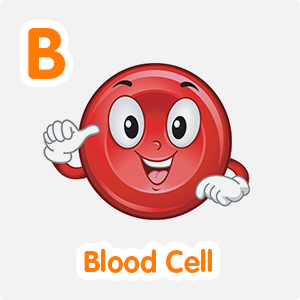
Blood Cell
Cells normally found circulating in your blood.
Let’s learn about HAE! Brady the Bear knows a lot about HAE and he wants to help you understand more about what HAE is and how it works.
H — hereditary is something you get from your mom or dad like your hair or eye color.
A — angio means there is something missing in the protein of your blood (C1INH) and just like you need protein to eat everyday your body needs all kinds of different proteins. When one is missing or not working correctly, your body will react and not work the same as someone else’s.
E — edema is a medical word that means swelling.
HAE is rare, meaning not many people have it (so we are special!). Only about 1/10,000 to 1/50,000 people have HAE. That is a small amount of people when you realize there are about 320 million people that live in the United States of America.
Everyone gets something called DNA from their parents which determine our eye color, hair color, how tall we are, etc. DNA also determines the different proteins in our blood. If you have HAE, you are either missing a protein called C1INH or you might have C1INH, but it does not work the way that it should. When the protein C1INH is missing or not working right, the body will react by swelling.
For example, if your hand swells because of HAE, it may feel itchy, increase in size, and feel a little uncomfortable or painful. This is because there is not enough of the protein C1INH or the C1INH doesn’t work the way that it should. The protein C1INH works kind of like a dam on the river that holds the water back. It can protect us from swelling, but without C1INH in the blood plasma, the dam allows fluid to leak out of the blood vessels. Since there is nowhere for the plasma or fluid to go, it pushes up against the skin or tissue which causes the swelling.
If you have HAE, you may notice that your hands, feet, face, stomach, and throat swell. Sometimes, because there is so much fluid pushing against your skin, it can be painful. You might even feel sick to your stomach and feel like you have to throw up if the insides or outside of your stomach is swollen. Sometimes, you might have a little rash on your skin before you swell that gives you a kind of ‘warning’ that you are going to swell.
HAE is caused by having a problem with protein levels of Bradykinin. Bradykinin is a very small peptide in our body. They are smaller than a protein so they are called peptides. When there is too much Bradykinin in our blood, it causes our blood vessels to get bigger. Since we don’t have the protein C1INH to slow down how much Bradykinin our body makes, fluid leaks out of the blood vessels causing edema (swelling).
HAE is called hereditary because it is often passed down in families. If you have HAE, you probably inherited it from your mother or father, but sometimes you are the first one in your family to have HAE. Everyone gets chromosomes from their parents when they are born. Some of the chromosomes determine what hair color you have or what color your eyes are. You have a 50% chance of having brown eyes if your mom has brown eyes and your dad has blue. It is the same way with HAE. If one of your parents have HAE you have a 50% chance of inheriting it as well.
Brady the Bear has created a list of important words to help you understand HAE. Read below and listen along with Brady as he shares each word and its meaning.

Cells normally found circulating in your blood.
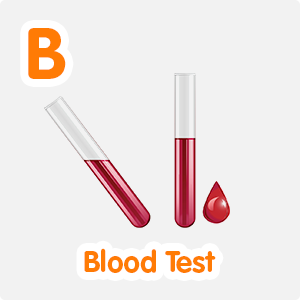
A scientific look at a your blood to try to find out what is making you sick.

That’s me! My full name is Bradykinin Bear, but you may call me Brady. I am here to help you learn about HAE and have FUN!
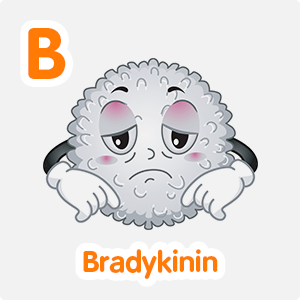
A part of your blood that can cause HAE symptoms like swelling.
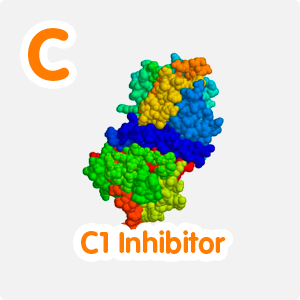
A protein in your blood that helps to stop swelling. If you don’t have enough of it, or it doesn’t work right, you probably have HAE.
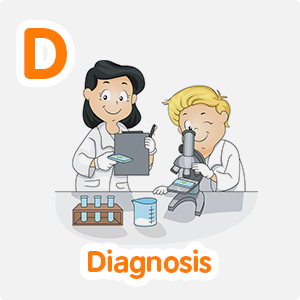
Naming the cause of your illness, usually by a doctor or medical professional, by understanding your symptoms and through medical testing.
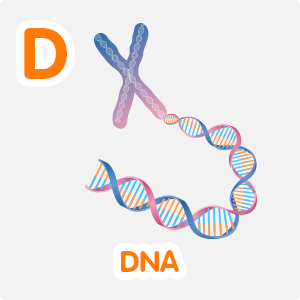
The material in your cells that contain the information about you, like your eye and hair color and whether or not you have HAE.
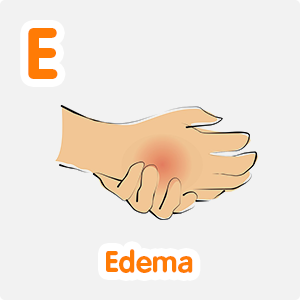
Edema means swelling, where a part of your body gets bigger because fluid has leaked out of the blood and pushed up under the skin.
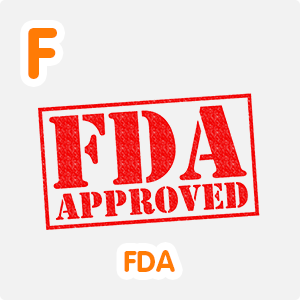
The Food and Drug Administration - FDA - is a government agency that makes sure your medicines are safe and work well.
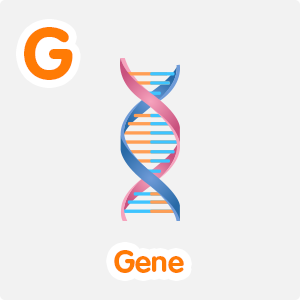
Found inside every cell, genes carry information that decide what makes YOU! - Your eye color, hair color, if you have HAE, and even what type of HAE you have.

May 16 is special day when people around the world focus on HAE and tell others about it.
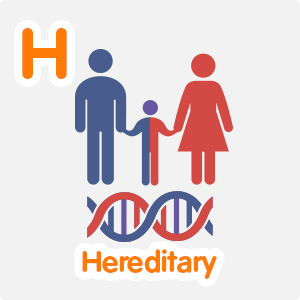
This means something, like eye color or a disease, that can be passed on from a parent to a child.

Most swelling is caused by allergies, but HAE causes a different kind of swelling. HAE makes you swell because there is an important protein missing in your body. HAE swelling can affect any part of your body. HAEA is an organization that helps people with HAE lead healthier and happier lives.
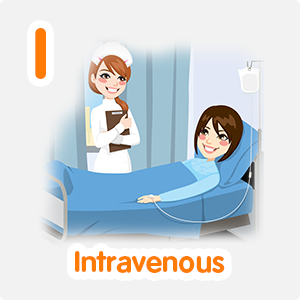
One way that people can get medication. A doctor, a nurse, or your parent puts a needle in your vein under your skin, and, after the medication is in, the needle comes out.

A record of your life experiences. Many HAE patients keep a journal of their HAE attacks and write about what it can be like living with HAE.
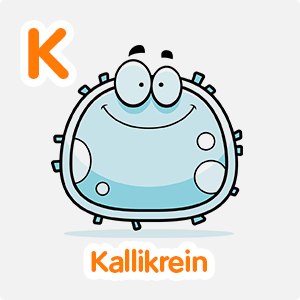
Kallikrein is an enzyme in your blood that can make Bradykinin. Too much Bradykinin can lead to HAE swelling.
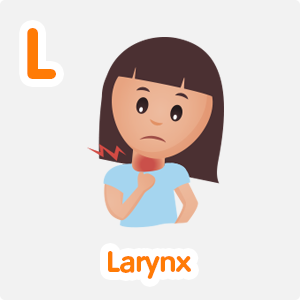
A part of your neck where your vocal cords can be found. If your throat swells because of your HAE, your voice might change or you might feel a bump in your throat. If this happens, it is important to tell a grown up right away.
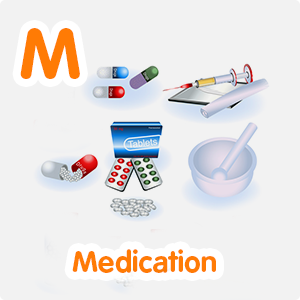
Another word for “medicine.” Sometimes, medication is given to help our swelling from HAE go down, stop the swelling from starting, or help you deal with discomfort from swelling.
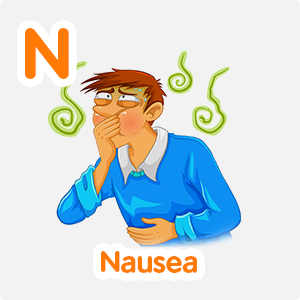
A feeling in your stomach that may make you feel like you want to throw up.
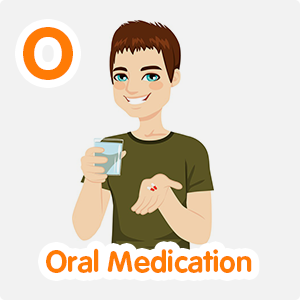
A medicine you swallow like food, such as a pill.
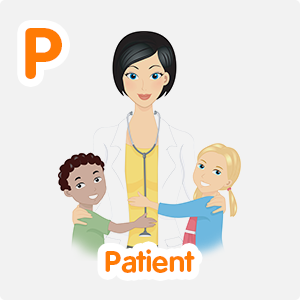
A person who is being given medical treatment by a doctor.
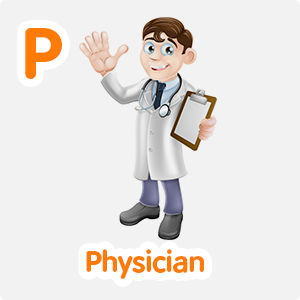
A person - also known as a doctor - who is qualified to provide medical treatment.
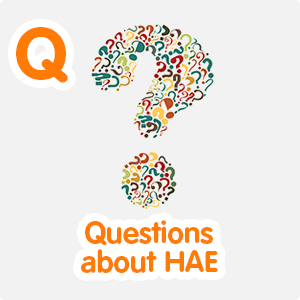
If you have questions about living with HAE, be sure to ask your mom or dad, and if they need more information, they can go to www.haea.org!
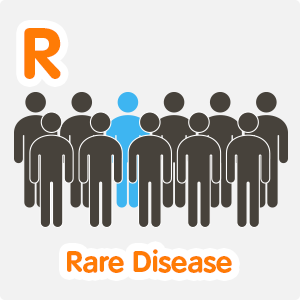
A very uncommon illness that few people may have.
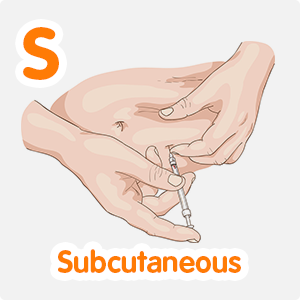
The area of your body located just under your skin. Some people get their medicine through a needle placed just under their skin.
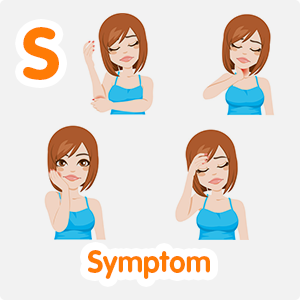
Different feelings in your body that may make you uncomfortable or tired. It is important to write down all your symptoms and talk to your doctor so he/she can diagnose the illness or disease causing these feelings.
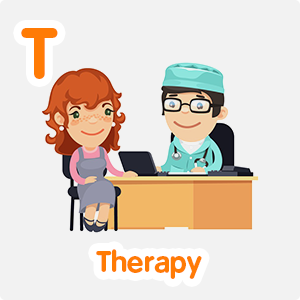
Another word for treatment you receive when you are sick or to keep you healthy.
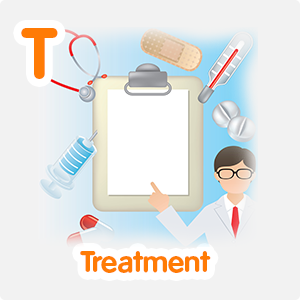
Medicine or medical care given to you when you are sick or not feeling well.
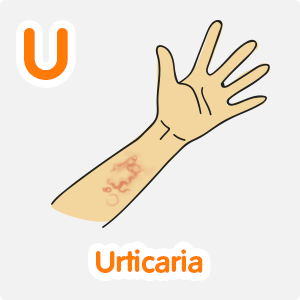
Raised, itchy areas on your skin - most often from an allergic reaction - also called a rash or hives.
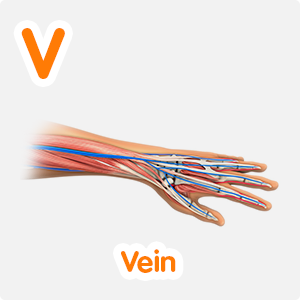
One of the tubes or blood vessels in your body that carries blood all around you body and back to your heart.
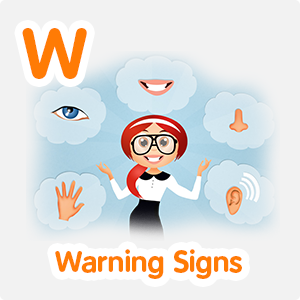
A feeling you might have in your body right before an HAE attack (a symptom like rash, tiredness, nausea, or a headache). Tell an adult if you start feeling warning signs.
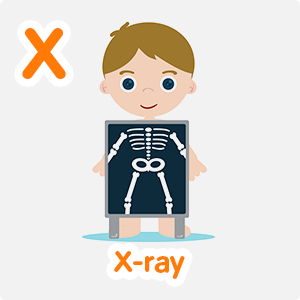
A picture of the inside of your body. Doctors, called Radiologists, use X-rays to take a look at what is going on with your bones, muscles, and organs inside your body.

The time of life when you are young. Often the first HAE symptoms appear during this time.
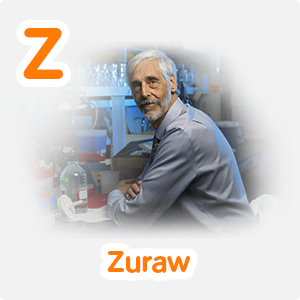
Dr. Bruce Zuraw is one of our many dedicated doctors who are working on new HAE medicines.